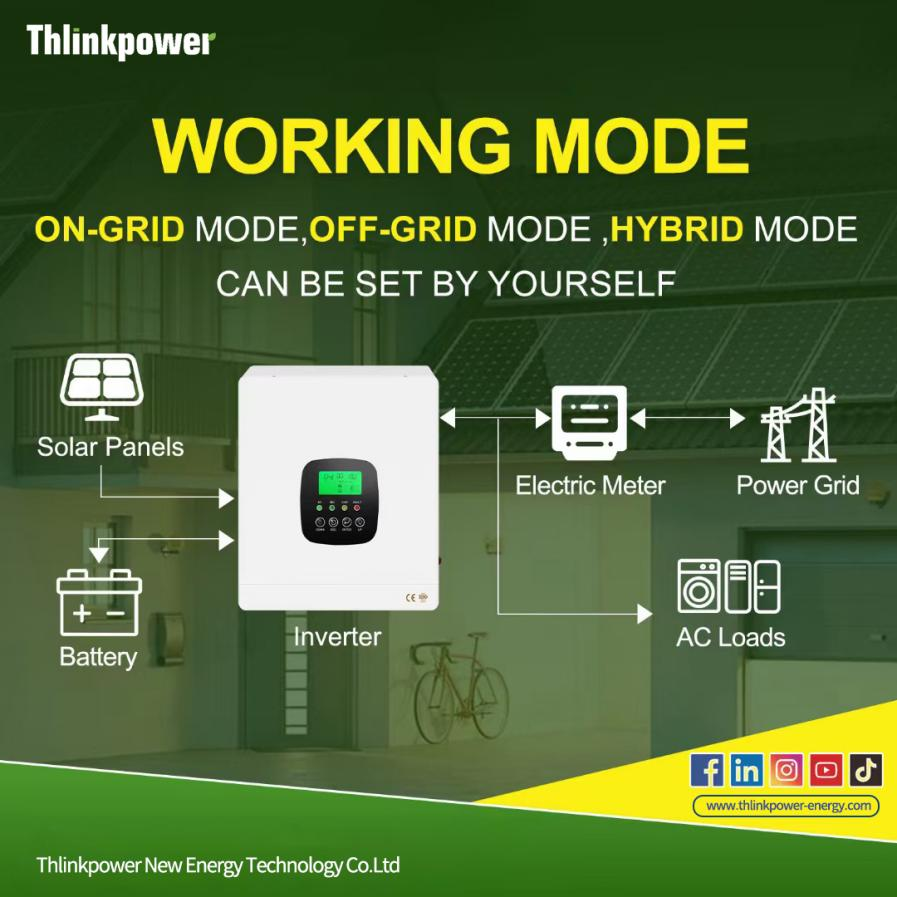- All
- Product Name
- Product Keyword
- Product Model
- Product Summary
- Product Description
- Multi Field Search
Views: 11 Author: Site Editor Publish Time: 2025-10-28 Origin: Site








As the global energy transition accelerates, the integration of renewable energy into power grids has introduced new challenges—particularly related to intermittency and stability.
To address these, Energy Storage Systems (ESS) have emerged as a cornerstone of smart grid technology, bridging the gap between variable energy generation and consistent power demand.
In this article, we explore how energy storage supports smart grid development, its key technologies, benefits, and its vital role in building a more resilient, efficient, and sustainable energy future.


A smart grid is an advanced power network that uses digital communication, automation, and real-time monitoring to manage the generation, distribution, and consumption of electricity.
Unlike traditional grids, smart grids enable two-way communication between utilities and consumers, enhancing efficiency, reliability, and flexibility.
However, as renewable sources like solar and wind become dominant, maintaining grid balance becomes complex — and this is where energy storage systems play a critical role.
Energy Storage Systems act as the stabilizing backbone of smart grids. They store surplus electricity during low-demand or high-generation periods and release it during peak demand or supply shortages.
Key functions include:
Load Balancing: Ensuring steady power flow and preventing voltage fluctuations.
Renewable Integration: Capturing excess energy from solar and wind systems for later use.
Peak Shaving: Reducing strain on the grid during demand surges.
Grid Stability & Frequency Regulation: Providing instantaneous response to maintain voltage and frequency consistency.
Backup Power Supply: Supporting critical infrastructure during outages or grid instability.
Lithium-ion batteries dominate today’s ESS market due to their high efficiency (up to 95%), scalability, and long lifecycle.
They are widely used in both utility-scale and distributed smart grid systems.
Known for long-duration energy storage and stable performance, flow batteries are ideal for large-scale grid balancing applications.
Stores heat or cold for later use—often utilized in industrial and district energy systems.
These traditional technologies provide large capacity and long discharge duration, complementing short-term battery storage.

✅ Enhanced Reliability:
Energy storage ensures uninterrupted power supply even during grid faults or renewable fluctuations.
✅ Higher Energy Efficiency:
By storing excess renewable energy, smart grids can minimize curtailment and reduce energy waste.
✅ Decentralized Power Management:
Distributed ESS allows localized generation and consumption, reducing transmission losses and improving resilience.
✅ Economic Advantages:
Peak shaving and time-of-use optimization help utilities and businesses save operational costs and maximize ROI.
✅ Environmental Sustainability:
ESS supports higher renewable penetration, reducing reliance on fossil fuels and lowering CO₂ emissions.
According to BloombergNEF, global energy storage capacity is projected to exceed 400 GWh by 2030, driven by large-scale renewable integration, supportive government policies, and falling battery prices.
Countries such as China, the United States, Germany, and India are actively developing smart grid + energy storage projects to enhance grid flexibility and ensure energy security.
For B2B investors and system integrators, energy storage is not just a supplement — it’s a strategic necessity in the clean energy transition.

At Thlinkpower, we offer comprehensive energy storage and power conversion solutions designed for modern smart grid applications:
Hybrid Solar Inverters (4–25kW): Integrate solar power and storage seamlessly for on/off-grid flexibility.
Battery Energy Storage Systems (BESS): Modular, scalable designs for commercial and industrial energy management.
Energy Management Systems (EMS): Intelligent monitoring and control for real-time grid optimization.
With 20 years of inverter manufacturing experience, Thlinkpower delivers reliable, factory-direct products with OEM/ODM customization to meet diverse market demands.
Learn more: www.thlinkpower-energy.com
As global energy systems evolve, Energy Storage Systems (ESS) are becoming the heart of smart grids, ensuring stability, flexibility, and sustainability.
By combining renewable generation, digital control, and advanced storage technologies, smart grids pave the way toward a more intelligent and resilient power future.
With innovation and quality manufacturing, Thlinkpower continues to empower the world’s transition to clean and smart energy.